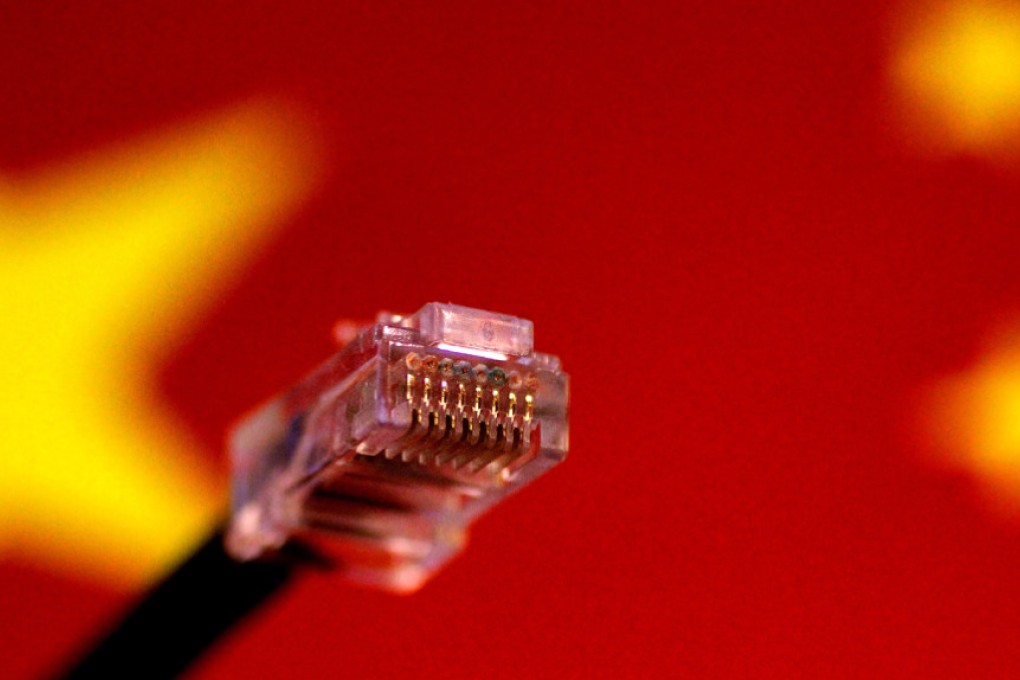Chinese censors ring in the new year with six-month cyber crackdown
Private citizens and internet giants like Baidu are being targeted

The new year has just begun, but Chinese censors are already hard at work.
(That may sound like many of the things you run into on the internet everyday. But don’t forget, in China, many globally popular websites like Twitter, Reddit, Facebook and YouTube are banned.)
The operation got off to a roaring start, with big names Baidu and Sohu first on the hit list. Representatives from both companies were summoned for talks with Beijing’s cyberspace regulators last week and scolded for spreading vulgar content. Several of their news feeds were suspended for a week.
To put that into context, imagine if Google was asked to pull down parts of its News section. That’s basically what happened here.
Meet Baidu, China’s homegrown search engine
None of this is new of course. And if 2018 was anything to go by, this year could see more clampdown on web content providers.